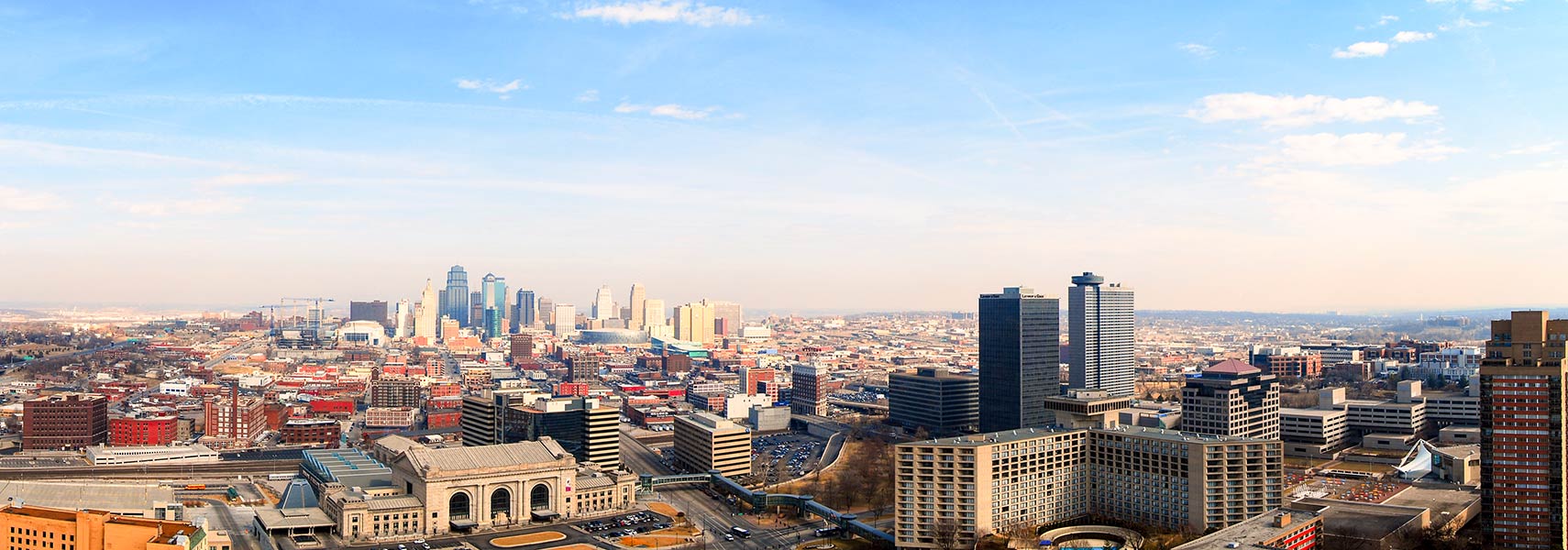Six Major Trends Driving Kansas City’s Business and Real Estate Growth
Six Major Trends Driving Kansas City’s Business and Real Estate Growth
Kansas City’s business and real estate landscape continues to evolve, fueled by new commercial ventures, residential development, and shifts in local policy. As of September 2025, several key trends are shaping investment opportunities, community dynamics, and long-term growth throughout the metro. Below are six developments to watch.
1. Platte County Under Review for Property Assessment Practices
Platte County—one of Missouri’s most affluent regions—has come under scrutiny for underassessing property values. With median home prices surpassing $369,000, concerns have risen regarding equitable taxation and sufficient funding for essential public services. For investors and property owners, this highlights the importance of accurate assessments when evaluating long-term costs, returns, and market positioning.
2. KC Current Players Launch Pitchside Coffee in the Crossroads
Kansas City’s Crossroads Arts District has welcomed Pitchside Coffee, a new café launched by members of the KC Current women’s soccer team. The concept blends specialty coffee with sports culture, adding to the area’s vibrant mix of creative retail and entertainment spaces. Its success reflects the growing consumer demand for experiential, community-focused commercial destinations.
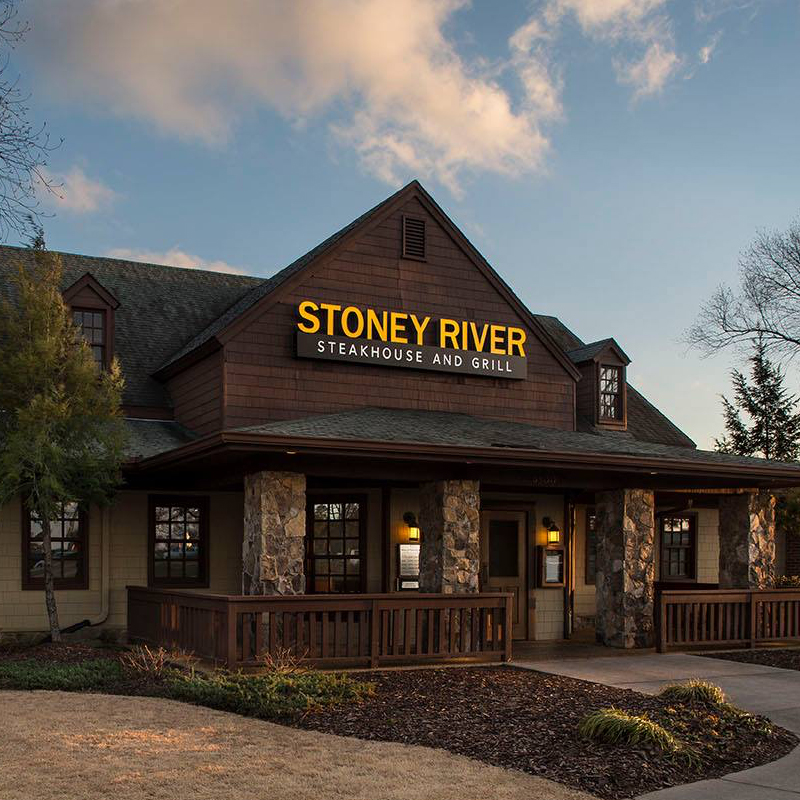
3. Upscale Dining Expands into Johnson County
Johnson County’s rapid urban growth continues to attract premium hospitality brands. Lenexa’s revitalized downtown recently gained its first Kansas City–area location of a Tennessee-based upscale steakhouse. The addition reinforces the county’s status as a prime market for high-end dining, retail, and mixed-use development.
4. Northland Welcomes Innovative Pan-Asian Concept
Kansas City’s Northland area now features All in One Eatery, a modern Pan-Asian restaurant utilizing robot-assisted service. This tech-forward concept exemplifies the city’s broader move toward integrating automation and innovation into commercial spaces. Such developments enhance the region’s culinary diversity while signaling opportunities for investors in experiential and technology-enhanced retail.
5. Proposed Olathe Cold Storage Facility Sparks Community Pushback
A proposal for a new frozen food logistics facility in Olathe has drawn opposition from nearby residents citing safety and neighborhood impact concerns. The debate illustrates the complex intersection of zoning decisions, business incentives, and community engagement—factors that continue to influence real estate development throughout the metro.
6. Midtown Buildings May Be Demolished for New Development
Several historic buildings in Kansas City’s Valentine neighborhood face potential demolition as developers pursue new commercial and residential construction. The proposal underscores the ongoing tension between historic preservation and modern urban redevelopment, raising important considerations for planners, residents, and real estate stakeholders.
Investment Takeaways
These six trends underscore the dynamic nature of Kansas City’s real estate ecosystem. From innovative dining and entertainment concepts to major zoning debates and market assessment issues, the region offers a wide range of opportunities for investors, developers, and real estate advisors. As Kansas City continues to grow and diversify, understanding these shifts will be essential to making informed decisions in a competitive metropolitan environment.
All rights to the original material belong to The Kansas City Star Post.
Categories
Recent Posts
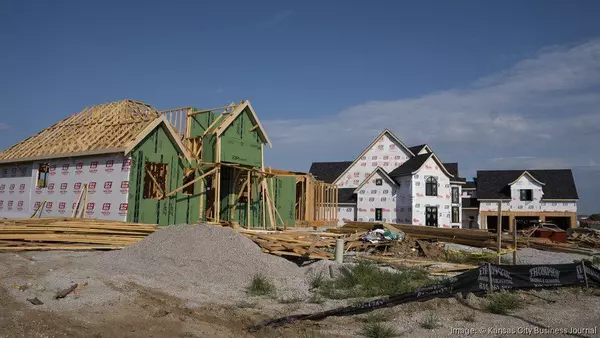

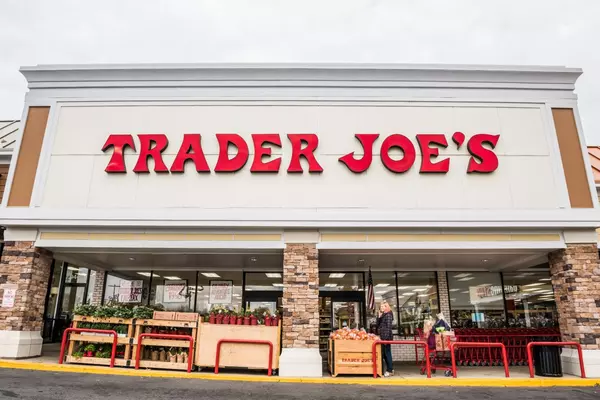
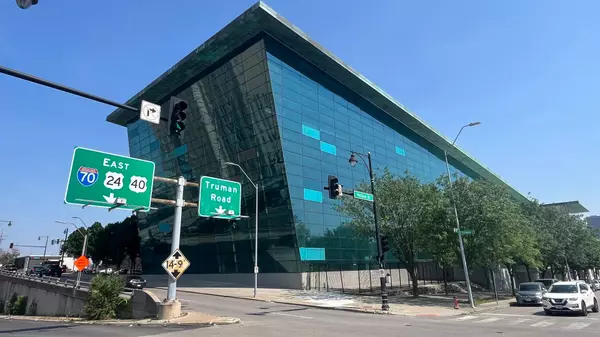
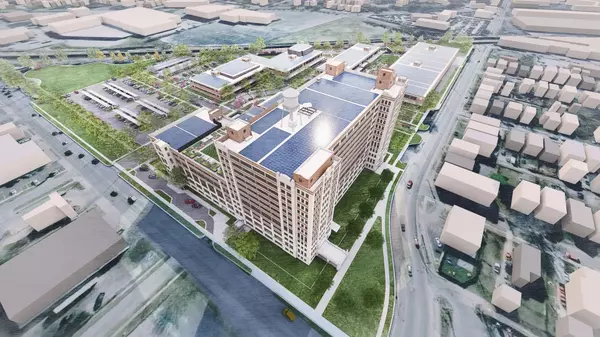
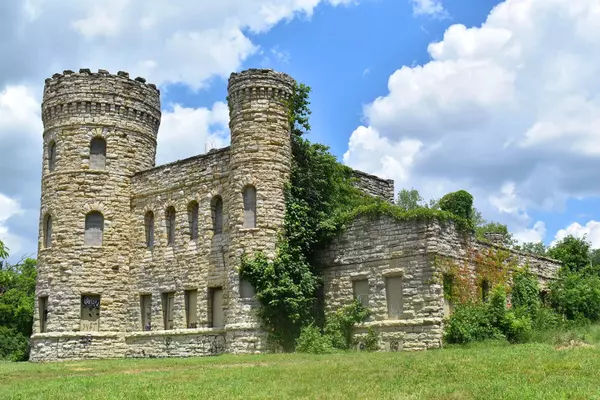




GET MORE INFORMATION

Dharam Chaudhari
FOUNDER | CEO | License ID: MO- 2022001250
FOUNDER | CEO License ID: MO- 2022001250


